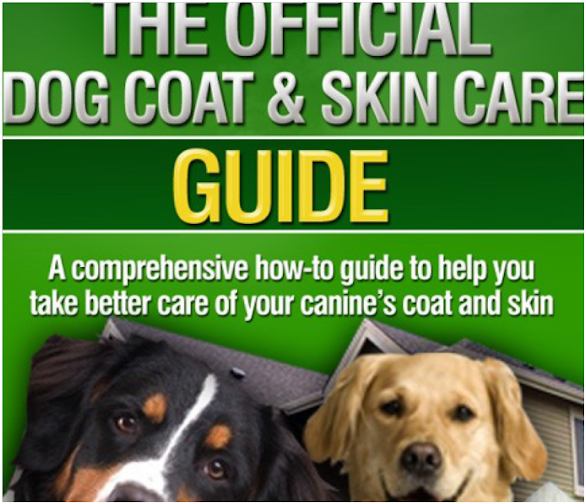Global Smart Commodity Group adds live cattle trading to platform.
I recently completed an MBA in International Agribusiness and Food Chain Management program where i presented a term paper on technological disruptions in the cattle business in Nigeria. It was an amazing surprise when i came across this article with similar lines of thought as my project. We are set to change the narrative in the cattle trading system in Nigeria, we are changing the paradigm from the farm to the store.
Lets get into the article without giving out too much information about our project.
Global Smart Commodity Group adds live cattle trading to platform.
Global Smart Commodity Group, a multi-asset class commodities exchange, has announced that Salus, the commodities trading platform built on blockchain technology, will begin providing live cattle as a traded commodity.
Intended to speed up the commodity trading process, there will be two available types of live cattle offered on the platform: live cattle and feeder cattle. Salus will also provide producers the ability to list identifiers such as weight, sex classification, country of origin, age, breed, genetics and other environmental factors.
Global Smart Commodity Group, a multi-asset class commodities exchange, has announced that Salus, the commodities trading platform built on blockchain technology, will begin providing live cattle as a traded commodity.
Intended to speed up the commodity trading process, there will be two available types of live cattle offered on the platform: live cattle and feeder cattle. Salus will also provide producers the ability to list identifiers such as weight, sex classification, country of origin, age, breed, genetics and other environmental factors.
"The addition of offering live cattle on Salus is a necessary transition of technology," said Bryce Everett, GSCG's Cattle SME. "People have been searching for this type of option for a while, and they have been looking for a more fair and efficient way to trade cattle. We're very excited about how the outcome will play out."
The goal of offering live cattle on the platform will benefit smaller processors, those beyond the big names, giving a global platform to a farmer and rancher, helping to increase profits.
Each contract of live cattle will be equivalent to 40,000 pounds, or 40 head.
Salus was created using blockchain technology. Its Growth Cycle Tracking technology provides users a real time seed-to-delivery monitoring feature which authenticates the commodities' origins and watches over the transaction in each stage of the supply
chain.
#blockchain #agribusiness #farming #trading.



